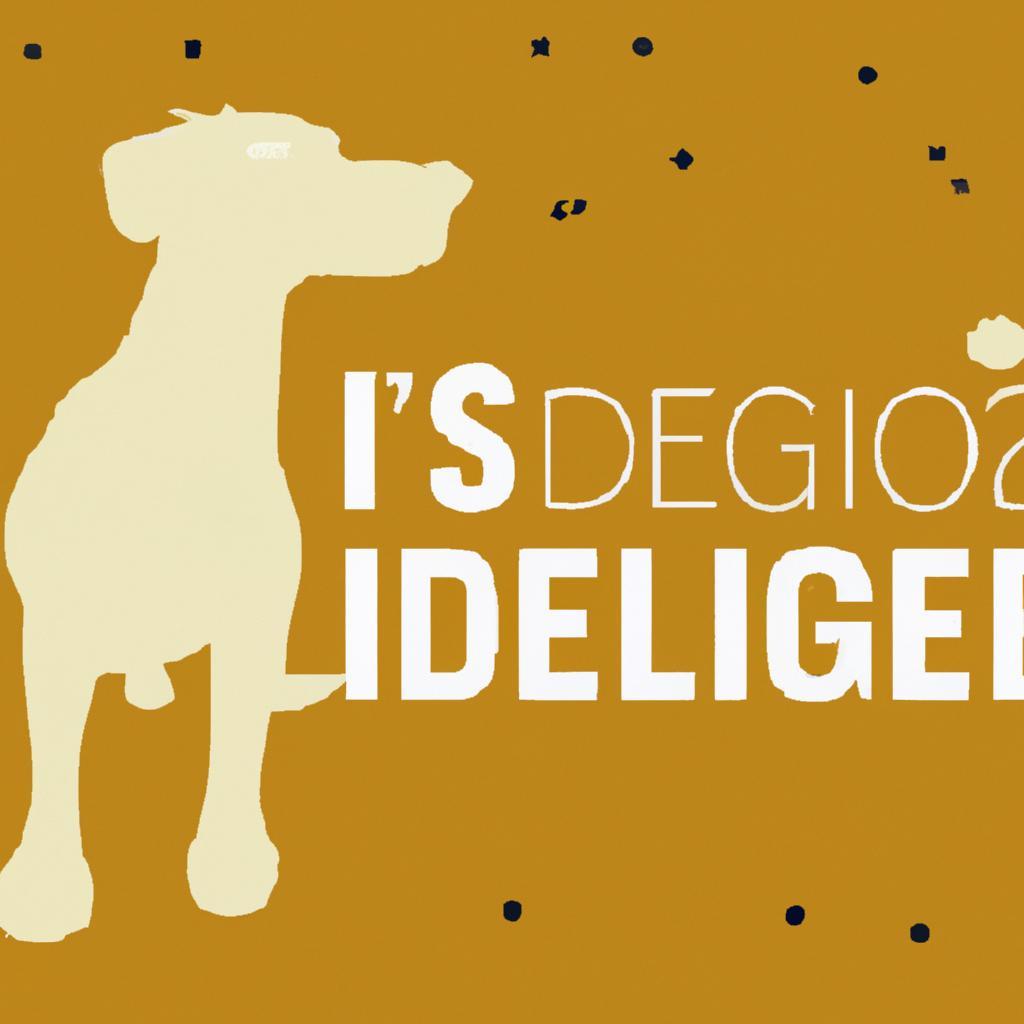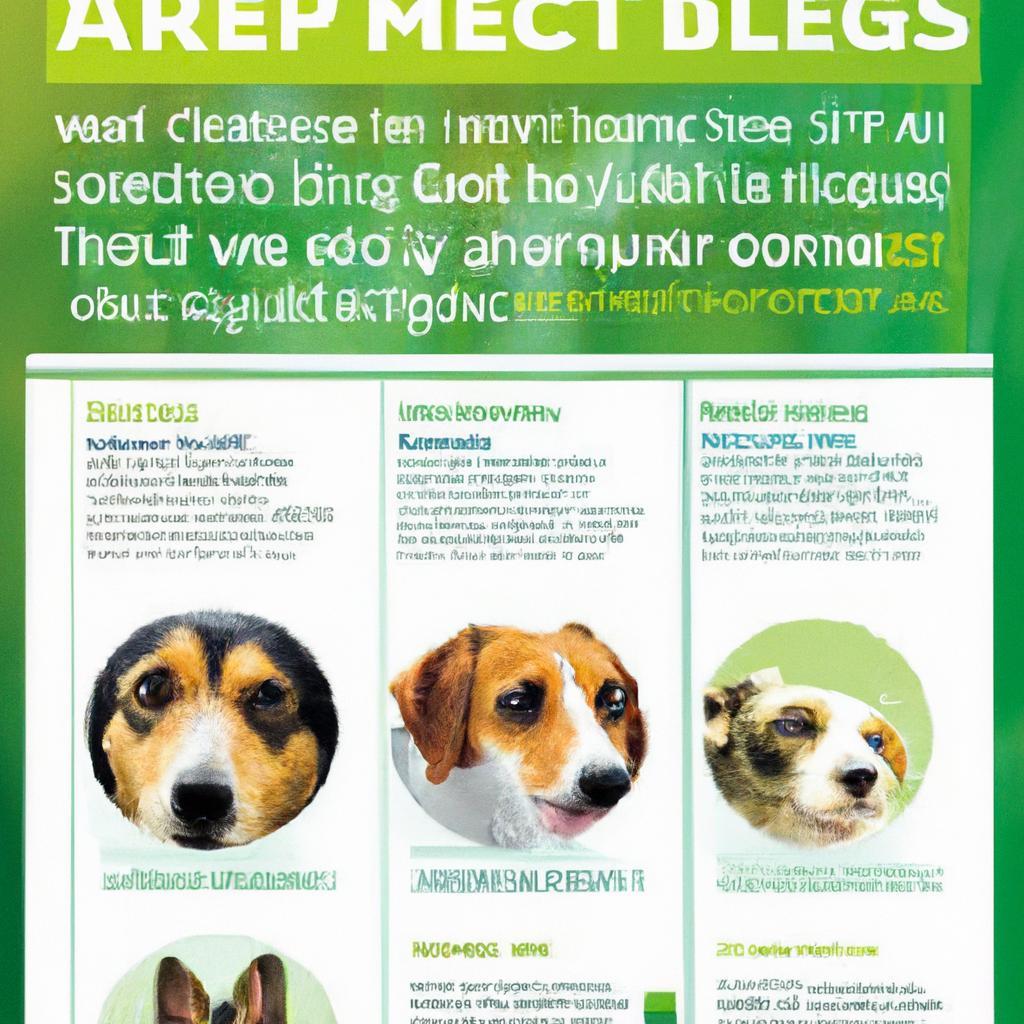Imagine a family eagerly preparing to welcome a furry friend into their home, only to discover that allergies could ruin their dreams. Enter the Poodle, a breed often hailed as truly hypoallergenic. With its curly coat that traps dander and hair, the Poodle offers a solution for allergy sufferers. Unlike many breeds, they shed minimally, allowing families to enjoy companionship without the sneezing and discomfort. If you’re seeking a loyal companion that won’t trigger allergies, the Poodle might just be your perfect match.
Contents
- Understanding Hypoallergenic Dogs and Their Unique Traits
- Identifying Breeds with Low Allergen Production
- Practical Tips for Reducing Allergens in Your Home
- Choosing the Right Hypoallergenic Dog for Your Lifestyle
- Q&A
Understanding Hypoallergenic Dogs and Their Unique Traits
When it comes to choosing a canine companion, many prospective dog owners are often concerned about allergies. The term “hypoallergenic” is frequently used to describe certain breeds that are less likely to trigger allergic reactions. However, it’s essential to understand that no dog is entirely free of allergens. Instead, hypoallergenic dogs tend to produce fewer allergens, making them a more suitable choice for allergy sufferers. This characteristic is primarily due to their unique coat types and grooming needs.
Hypoallergenic breeds typically have hair instead of fur, which means they shed less dander and hair into the environment. This trait is particularly beneficial for individuals with sensitivities to pet allergens. Breeds such as the **Poodle**, **Bichon Frise**, and **Portuguese Water Dog** are often highlighted for their low-shedding coats. These dogs require regular grooming to maintain their coats, which not only helps reduce allergens but also strengthens the bond between pet and owner through shared grooming sessions.
In addition to their coat characteristics, hypoallergenic dogs often exhibit unique temperaments that can be appealing to families and individuals alike. Many of these breeds are known for their intelligence and trainability, making them excellent companions for active households. They tend to be affectionate and loyal, forming strong attachments to their owners. This combination of traits can create a fulfilling relationship, especially for those who may have previously felt limited in their pet choices due to allergies.
It’s also worth noting that the environment plays a significant role in managing allergies. Regular cleaning, using air purifiers, and maintaining a pet-friendly space can further minimize allergen exposure. While hypoallergenic dogs can be a great option, it’s crucial for potential owners to spend time with a breed before making a commitment. This hands-on experience can help gauge any allergic reactions and ensure a harmonious living situation for both the dog and the owner.
Identifying Breeds with Low Allergen Production
When searching for a dog that minimizes allergic reactions, it’s essential to focus on breeds known for their lower allergen production. While no dog is completely hypoallergenic, certain breeds produce fewer allergens, making them more suitable for allergy sufferers. These breeds often have hair instead of fur, which reduces the amount of dander and saliva released into the environment.
Some of the most commonly recommended breeds include:
- Poodle: Available in standard, miniature, and toy sizes, Poodles have a curly coat that traps dander and hair, preventing it from spreading.
- Bichon Frise: This breed features a soft, curly coat that requires regular grooming, which helps control allergens.
- Portuguese Water Dog: Known for their wavy, water-resistant coat, these dogs are not only hypoallergenic but also energetic and friendly.
- Shih Tzu: With their long, flowing coats, Shih Tzus produce less dander and are often well-tolerated by allergy sufferers.
In addition to breed selection, grooming practices play a crucial role in managing allergens. Regular bathing and brushing can significantly reduce the amount of dander and hair in your home. It’s advisable to establish a grooming routine that includes:
- Frequent baths: Using hypoallergenic shampoos can help minimize allergens on the dog’s skin.
- Regular brushing: This helps remove loose hair and dander before it can settle in your living space.
- Cleaning the environment: Regularly vacuuming and using air purifiers can further reduce allergen levels in your home.
Ultimately, choosing a dog with lower allergen production is just one part of the equation. It’s essential to spend time with a breed before making a commitment to ensure compatibility with your allergies. Each individual reacts differently, so personal experience is invaluable. By selecting the right breed and implementing effective grooming and cleaning strategies, you can enjoy the companionship of a dog while minimizing allergic reactions.
Practical Tips for Reducing Allergens in Your Home
Creating a comfortable living environment for both you and your furry friend involves taking proactive steps to minimize allergens. Start by implementing a regular cleaning schedule that includes vacuuming carpets and upholstery with a vacuum equipped with a HEPA filter. This type of filter captures fine particles, including pet dander, which can trigger allergic reactions. Additionally, consider using a damp cloth to wipe down surfaces, as this helps to trap allergens rather than just moving them around.
Another effective strategy is to establish pet-free zones in your home. Designate certain areas, such as bedrooms and home offices, as off-limits for your dog. This will not only reduce the accumulation of allergens in those spaces but also provide you with a sanctuary where you can breathe easily. To further enhance air quality, invest in high-quality air purifiers that are specifically designed to filter out pet dander and other allergens.
Grooming your dog regularly is crucial in managing allergens. Frequent baths and brushing can significantly reduce the amount of loose fur and dander that circulates in your home. Opt for a hypoallergenic shampoo that is gentle on your dog’s skin while effectively removing allergens. Additionally, consider using grooming tools that are designed to minimize shedding, which can help keep your living space cleaner.
Lastly, be mindful of the materials you choose for your home. Select furniture and textiles that are easy to clean and resistant to trapping allergens. Leather or synthetic fabrics are often better choices than traditional upholstery. Incorporating washable throw blankets and pillow covers can also make it easier to maintain a clean environment. By taking these practical steps, you can enjoy the companionship of your dog while minimizing the impact of allergens in your home.
Choosing the Right Hypoallergenic Dog for Your Lifestyle
When selecting a hypoallergenic dog, it’s essential to consider your lifestyle and living situation. Different breeds have varying energy levels, grooming needs, and temperaments, which can significantly impact your daily routine. For instance, if you lead an active lifestyle, a breed like the **Poodle** or **Portuguese Water Dog** may be ideal, as they thrive on exercise and companionship. Conversely, if you prefer a more laid-back environment, a **Bichon Frise** or **Shih Tzu** might be a better fit, offering affection without requiring extensive physical activity.
Another critical factor to consider is the size of the dog. Smaller breeds, such as the **Maltese** or **Yorkshire Terrier**, can be perfect for apartment living and are often easier to manage in confined spaces. On the other hand, larger hypoallergenic breeds like the **Giant Schnauzer** or **Irish Water Spaniel** may require more room to roam and play. Assessing your living space and how much room you can dedicate to a pet will help narrow down your options.
Grooming requirements also play a significant role in choosing the right breed. Some hypoallergenic dogs, like the **Labradoodle**, have coats that require regular grooming to prevent matting and maintain their hypoallergenic qualities. Others, such as the **Basenji**, have minimal grooming needs, making them easier to care for. Understanding how much time and effort you can commit to grooming will ensure that you select a breed that fits seamlessly into your lifestyle.
Lastly, consider the dog’s temperament and compatibility with your family. Some hypoallergenic breeds are known for their friendly and sociable nature, such as the **Cavalier King Charles Spaniel**, while others may be more reserved or independent, like the **Chinese Crested**. If you have children or other pets, it’s crucial to choose a breed that is known for its gentle disposition and adaptability. Researching each breed’s characteristics will help you find a furry companion that not only fits your lifestyle but also brings joy and harmony to your home.
Q&A
-
What does “hypoallergenic” mean in relation to dogs?
Hypoallergenic dogs are breeds that are less likely to trigger allergic reactions in sensitive individuals. This is often due to lower levels of shedding and dander, which are common allergens found in many dogs.
-
Are there truly hypoallergenic dog breeds?
While no dog is completely hypoallergenic, certain breeds are known to produce fewer allergens. Breeds such as the Poodle, Bichon Frise, and Maltese are often recommended for allergy sufferers due to their low-shedding coats.
-
How can I minimize allergic reactions if I choose a hypoallergenic dog?
To reduce allergic reactions, consider the following:
- Regular grooming to minimize dander.
- Frequent cleaning of your home to remove allergens.
- Using air purifiers to filter out pet dander.
- Establishing pet-free zones, especially in sleeping areas.
-
Should I consult a doctor before getting a hypoallergenic dog?
Yes, it is advisable to consult with an allergist or healthcare professional before bringing a dog into your home. They can provide personalized advice and help you determine if a hypoallergenic breed is suitable for your specific allergies.
while no dog is completely hypoallergenic, certain breeds can significantly reduce allergic reactions. Choosing the right dog can enhance your life without compromising your health. Embrace the joy of companionship with a breed that suits your needs!

大家好,我是彼得潘,專業的手法身體治療師。我喜歡探索和研究各種主題,並透過與人工智慧的合作分享專業、實用、有趣的文章。我們定期進行人工審核,以確保內容的準確性。如果您發現文章中有任何不準確的地方,請隨時與我們聯繫,我們會及時糾正。您可以透過 [email protected] 與我們聯繫。



